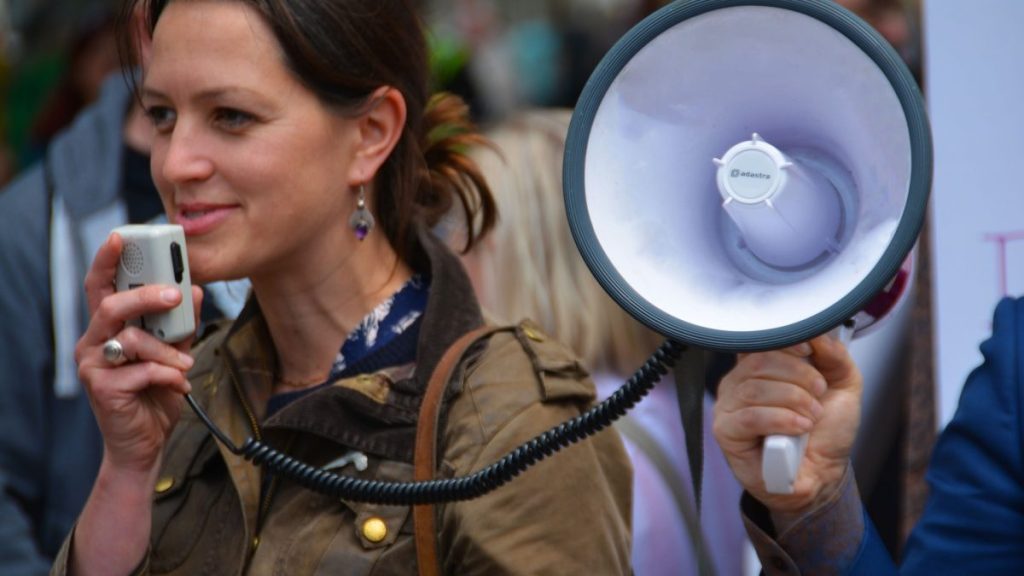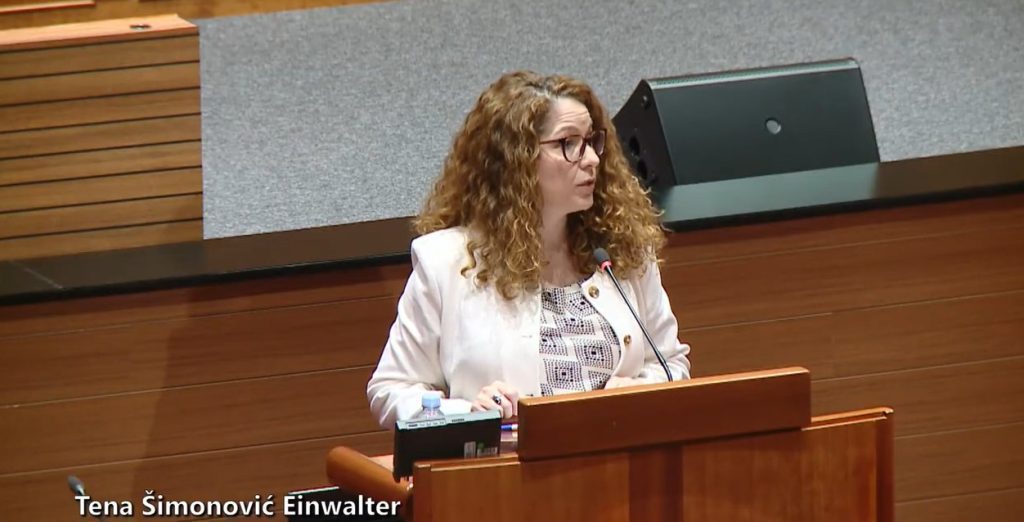More than 250 thousands of citizens in Croatia do not have access to water pipeline, many could not afford it and part of them remain without water because they cannot pay the bill. These are some of the citizens’ problems facing water inaccessibility that was emphasised at the round table discussion “Human right to water – is it the time to protect it be protected by the Constitution”.
Round table discussion was organised by Ombudswoman Lora Vidović, in order to incite both professional and public attention on this subject. “Right to water, as acknowledged by the UN, entitles everyone with sufficient quantity of safe, physically and financially accessible water for personal and household needs meaning primarily delivering water necessary for potable and sanitary needs. It does not mean the right to neither limitless quantities nor water free of charge – but the right to water necessary for the basic living needs, said the Ombudswoman. She also highlighted the problem of water costs which depends on place of living and might amount from 9 to 27 Kuna per cube meter.
Arguments in favour of constitutionalisation of water in Croatia were elaborated by Sanja Barić, professor at the Faculty of Law in Rijeka and member of the Ombudswoman’s Council for Human Rights. “Right to potable water and sanitary needs is a precondition for realisation of the human dignity; it should be recognised as a universal and fundamental human right.”
Photo: UPP/Hina







